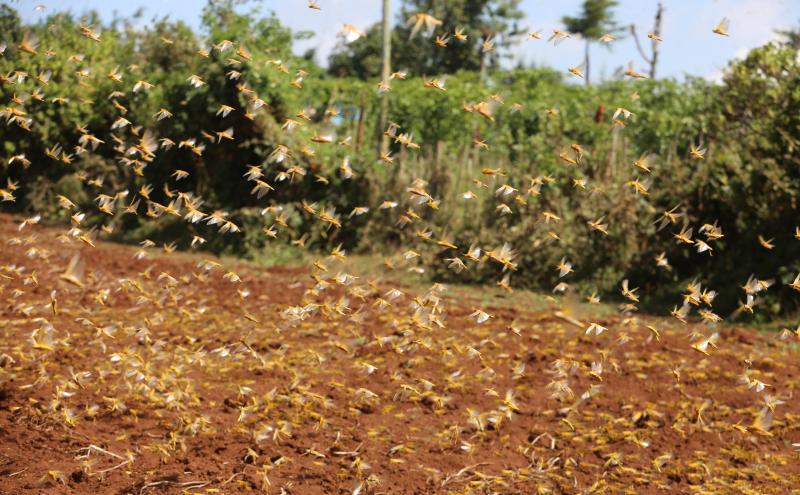×
The Standard e-Paper
Kenya’s Boldest Voice

The threat of locusts refuses to go away. From the time they invaded Kenya in December 2019, it has been one concerted effort after another to get rid of them. However, with new invasions, it seems like those efforts are yet to bear fruit as envisaged.